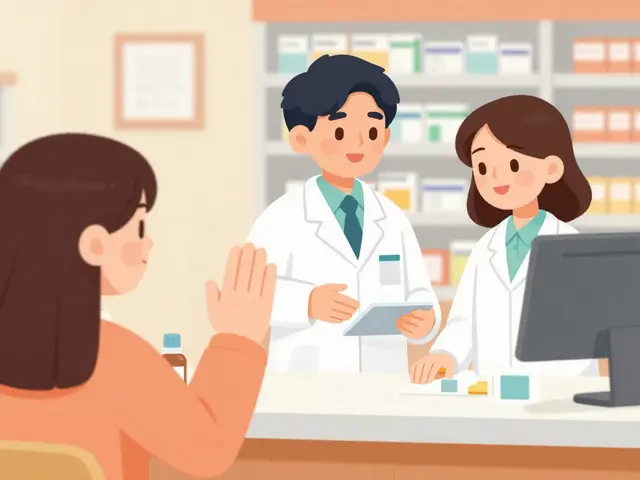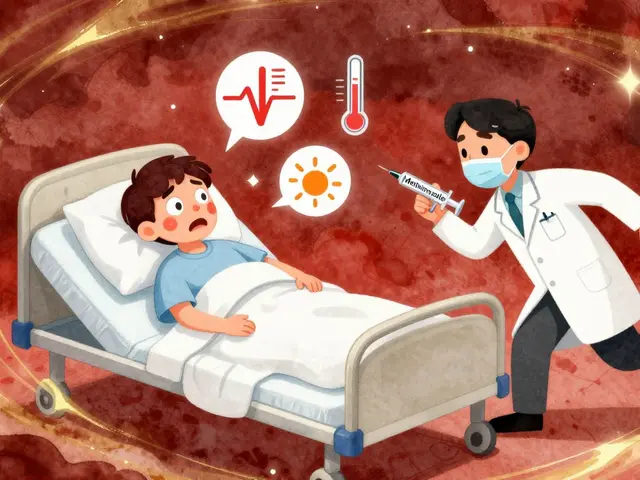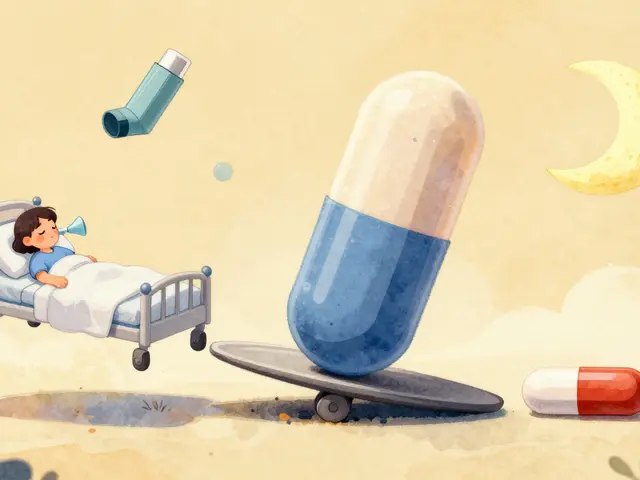
Bladder Pain Relief: What Works Right Now
If you’ve ever felt a burning or pressure in your lower belly that seems to come from your bladder, you know how annoying it can be. The good news is there are simple steps you can take today to calm the discomfort and prevent it from coming back.
Why Your Bladder Might Be Hurt
Most bladder pain stems from a few everyday culprits: a urinary tract infection (UTI), irritation from caffeine or spicy foods, over‑active bladder muscles, or even stress. In women, a condition called interstitial cystitis can cause chronic ache that doesn’t respond to antibiotics. Men sometimes feel similar pain when the prostate gets inflamed.
Pinpointing the trigger helps you choose the right fix. For example, if you’ve been drinking extra coffee lately, cutting back might be all you need. If a fever or cloudy urine shows up, it’s probably an infection that needs antibiotics.
Fast‑Acting Home Remedies
Here are three things you can try right now:
- Hydrate wisely. Sip warm water or herbal tea throughout the day. Aim for about eight glasses, but avoid gulping huge amounts at once – steady sipping keeps the bladder flushed without over‑stretching it.
- Heat therapy. A warm heating pad on your lower abdomen relaxes cramped muscles and eases a sharp sting. Ten minutes, two or three times daily, often makes a noticeable difference.
- OTC pain relief. Non‑prescription ibuprofen (see our Ibuprofen guide) can cut inflammation and dull the ache. Take it with food and follow the label dosage.
If you’re allergic to NSAIDs or have stomach issues, acetaminophen is a safe alternative for pain, though it won’t tackle swelling.
When Over‑The‑Counter Isn’t Enough
Persistent discomfort (lasting more than three days) or any sign of infection – fever, back pain, blood in urine – means you need professional care. Your doctor may prescribe:
- Antibiotics. A short course clears most UTIs quickly.
- Pain‑relief bladder instillations. For interstitial cystitis, a doctor can put soothing medication directly into the bladder.
- Alpha‑blockers or anticholinergics. These help men with prostate‑related pain and people with over‑active bladders.
Never self‑diagnose a serious condition. A quick urine test can tell if bacteria are present, saving you weeks of guessing.
Lifestyle Tweaks to Keep Pain Away
Long‑term relief often comes from habit changes. Try these:
- Limit caffeine, alcohol, and acidic drinks – they can irritate the bladder lining.
- Practice “double voiding.” Go to the bathroom, wait a minute, then try again to empty any leftover urine.
- Keep a bladder‑friendly diet: berries, citrus, carbonated beverages, and artificial sweeteners are common triggers for many people.
- Manage stress with breathing exercises or short walks. Stress hormones can tighten pelvic muscles and worsen pain.
These adjustments aren’t dramatic, but they add up over weeks and often keep flare‑ups at bay.
Bottom Line
Bladder pain doesn’t have to control your day. Start with hydration, heat, and a safe OTC painkiller. If symptoms linger or you see infection signs, get a prescription from your doctor. Pairing these steps with simple lifestyle changes gives you the best shot at lasting comfort.
-
26 Jul







